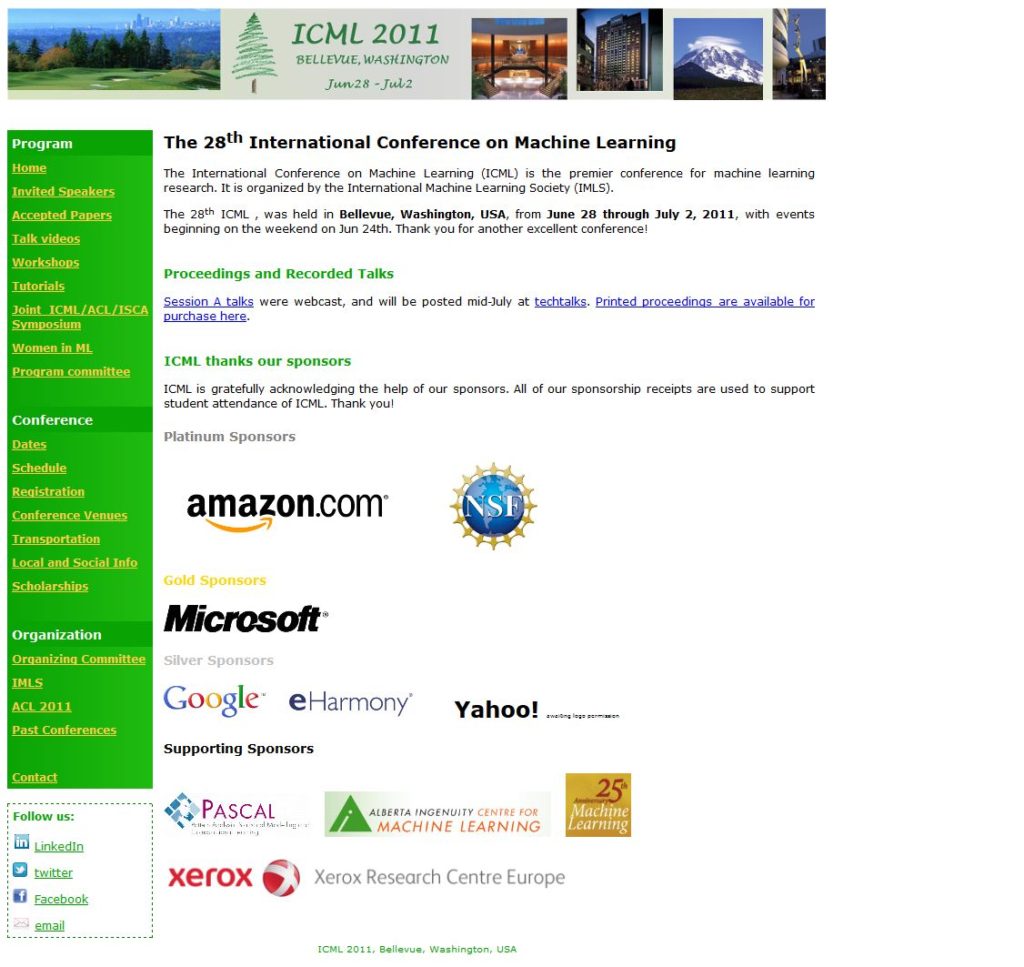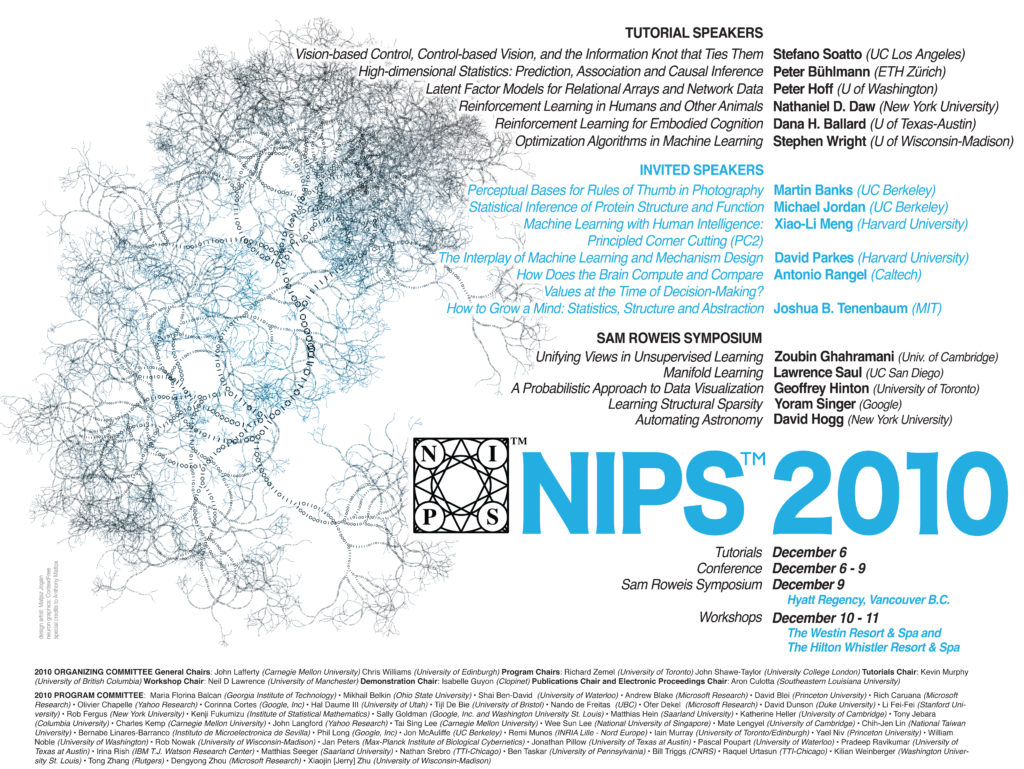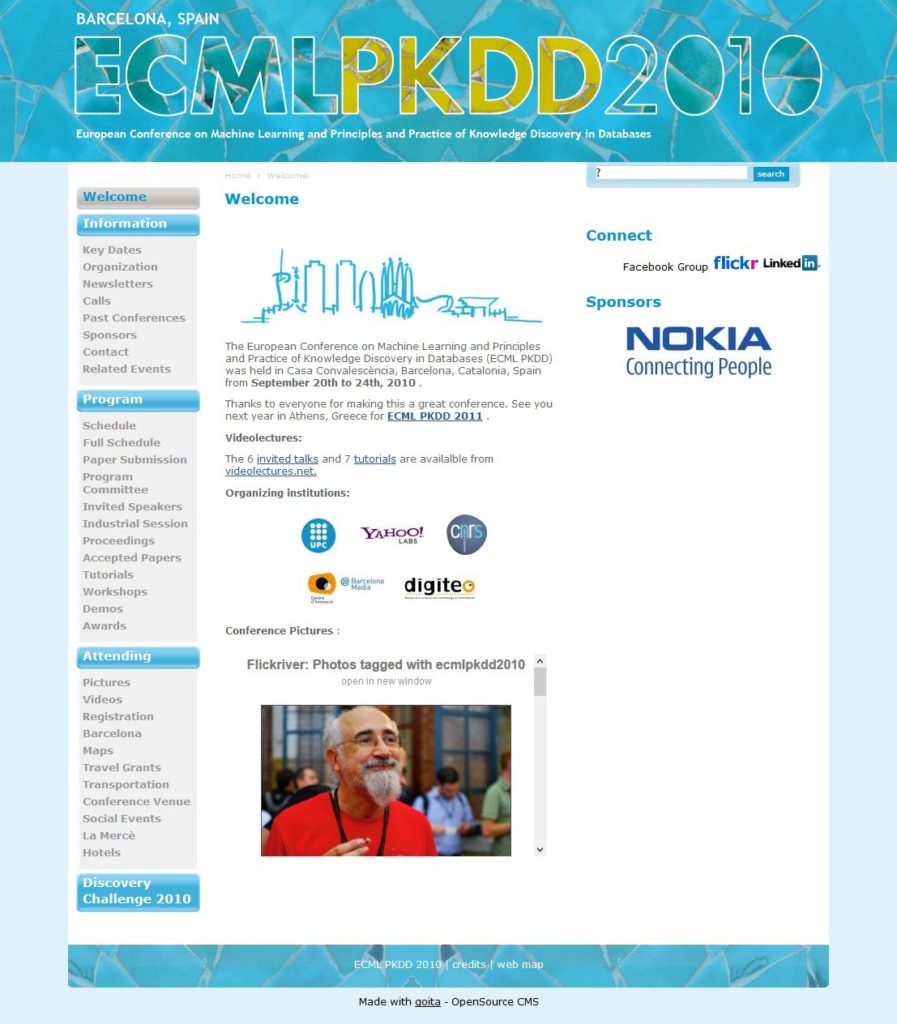Intelligent machines
Can machines think? This has been a conundrum for philosophers for years, but the answer to this question also has real social importance. Modern robots can assist us in our homes and have human-like qualities. The internet provides us with personalized tools that learn from our behavior. It is therefore of more than academic importance that we learn about the actual cognitive powers of computers, and what we can expect of them in the future.On November 17, SNN organizes a one-day symposium in Nijmegen, entitled "Intelligent Machines". During the day, invited research leaders in the field of machine learning and robotics will present examples of intelligence in computers and will discuss their views for the future.
In addition, posters will provide a comprehensive overview of the research activities on machine learning in the Netherlands. Based on our experience with similar events in the past, we expect approximately 40 poster presentations. There is also an opportunity for companies to present their research and products.
The purpose of this meeting is to provide a platform for discussion and interaction between the academic and industrial research and development communities in the Netherlands.
For whom?
The symposium is designed to address a broad audience. The plenary talks aim at anyone who is interested in how intelligent computers may affect our society, now and in the future. The poster sessions present more technical results and aim provide concrete examples of how machine learning research is used in numerous applications.
What is machine learning?
Machine learning is a scientific discipline that is concerned with the design and development of algorithms that allow computers to learn behaviors based on empirical data, such as from sensor data or databases. A major focus of machine learning research is to automatically learn to recognize complex patterns and make intelligent decisions based on data; the difficulty lies in the fact that the set of all possible behaviors given all possible inputs is too complex to describe generally in programming languages, so that in effect programs must automatically describe programs. Machine learning methods are at the basis of many applications, ranging from vision to language processing, forecasting, pattern recognition, games, data mining, expert systems and robotics. The modern field of machine learning integrates many distinct approaches such as probability theory, logic, combinatoric optimization, search, statistics, reinforcement learning and control theory.












